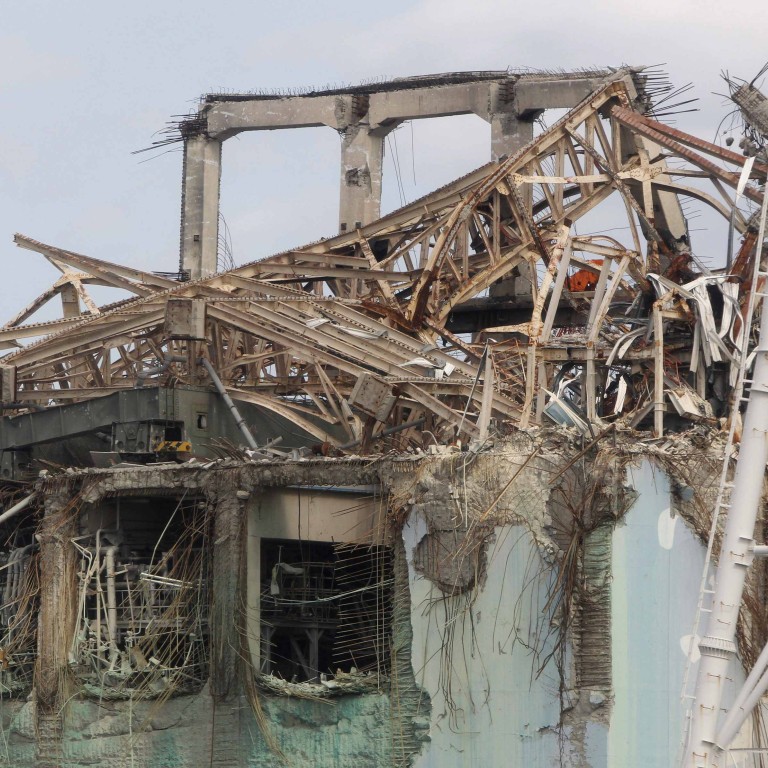
Crippled Fukushima Daiichi nuclear plant needs international help
Japan has a history of struggling to face up to the past. So, whether it has the crisis at the stricken nuclear plant at Fukushima under control, as it claims, has to be of concern. A disaster like none before could occur if clean-up, stabilisation and decommissioning operations are not handled properly. The series of failures, mistakes and untruths since the earthquake and tsunami caused a meltdown on March 11, 2011, prove the government and operator, Tokyo Electric Power Co., are ill-equipped to deal with the challenges. The threat is global and a global response is urgently needed.
Japan has a history of struggling to face up to the past. So, whether it has the crisis at the stricken nuclear plant at Fukushima under control, as it claims, has to be of concern. A disaster like none before could occur if clean-up, stabilisation and decommissioning operations are not handled properly. The series of failures, mistakes and untruths since the earthquake and tsunami caused a meltdown on March 11, 2011, prove the government and operator, Tokyo Electric Power Co., are ill-equipped to deal with the challenges. The threat is global and a global response is urgently needed.
Prime Minister Shinzo Abe has sent mixed signals, alternatively contending that safety is not a problem and suggesting help is needed to deal with radioactive water leaking into the Pacific Ocean. But this is no matter to be vague about. Hiding the true nature of the problem could prove catastrophic for the region and world. The leaks, dangerous to sea life and fisheries if unchecked, are only one of three challenges. The meltdown of three of the plant's six reactors has left the precise location of the melted cores unknown, while 1,533 of the 11,000 spent fuel rods that have to be removed are in a cooling pool in a building that risks collapse should another large quake hit. Highlighting the danger, workers were evacuated last Saturday after a small offshore quake prompted a tsunami alert.
The Fukushima Daiichi plant was ordered shut down by Abe only last month. The operator acknowledged year-old claims by scientists of leaks of radioactive water from storage tanks. Official inquiries found negligence and a series of errors, while there had also been deficiencies in the response to the disaster by the company, regulators and the government.
These are not matters to be taken lightly - the world has not seen a nuclear disaster as severe since the worst-ever, at Chernobyl in the Ukraine, in 1986. The government has pledged US$470 million to tackle the leaks with unconventional and untried methods. The decommissioning process could take at least 40 years. Removing the spent rods will be difficult given the uncertainties. If any come into contact with each other or are exposed to air, gases with high levels of radiation will be released or, worse, there could be a catastrophic explosion.
There is a lack of trust in Japanese efforts to deal with the crisis. A call to the UN by 16 nuclear experts in an open letter should be heeded. Responsibility for the Fukushima site should be transferred to a worldwide engineering group overseen by independent nuclear scientists and a civil society panel.

